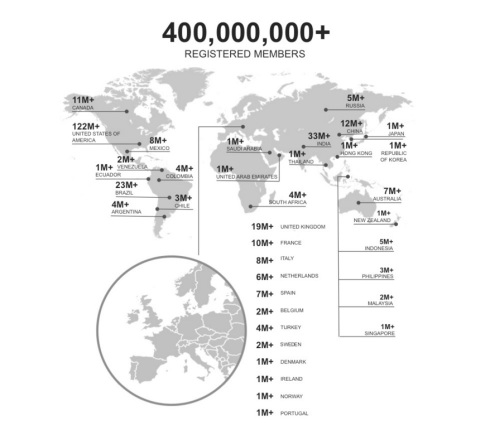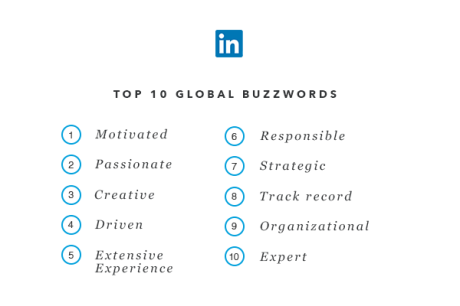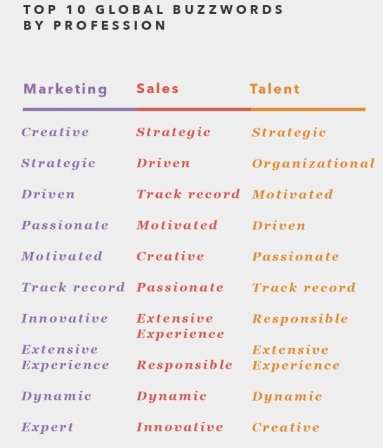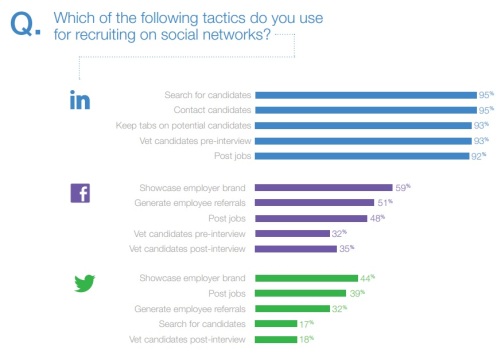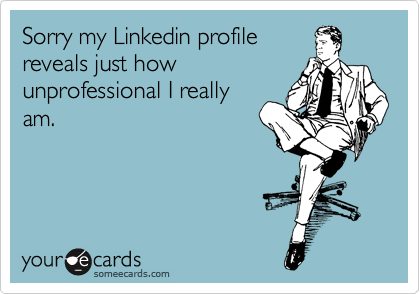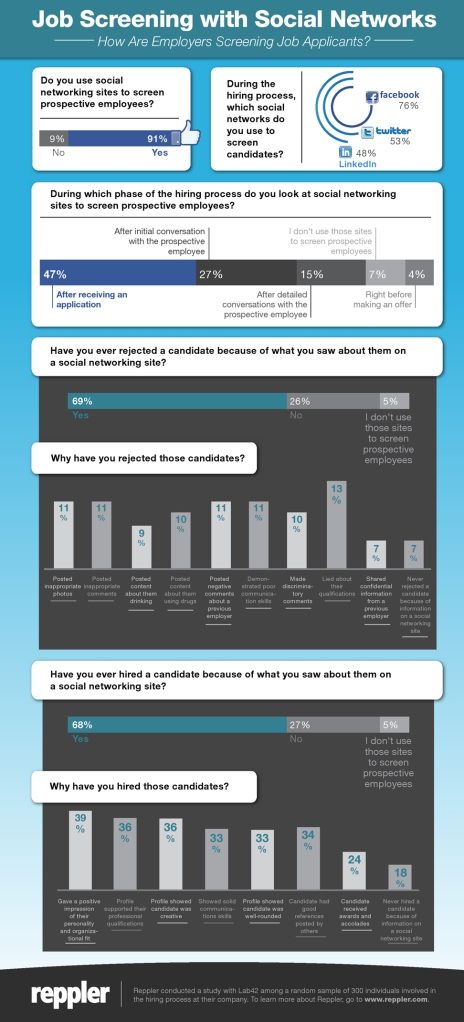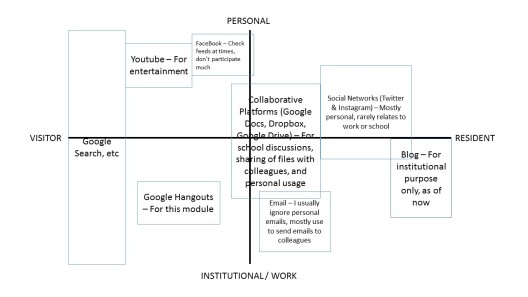 Source: Getty Images
Source: Getty Images
With the advancement of technology, social media platforms have become a great place for brand marketers and advertisers to engage and reach out to their customers. However, when companies neglect professionalism when using the sites, it can present some challenges to the ethics of business.
In this post, I will be sharing more on bashing.
Facebook
In 2011, Facebook paid a top PR firm to spread negative stories about Google to the US media, urging them to investigate claims that Google was invading people’s privacy. The plot backfire when an influential blogger refused to help and posted his emails exchanges with the PR firm.
(Read the full story here: Facebook Busted in Clumsy Smear on Google)
Samsung
Samsung was fined when it got caught paying for false praises and negative comments about competitors. The company hired two Taiwanese marketing firms to post bad reviews about HTC products and positive evaluation on Samsung products in their local forums.
(Read the full story here: Samsung Fined $340,000 for Faking Online Comments)
Is bashing competitors an effective marketing strategy? Definitely not, because it could lead to detrimental repercussions and is highly unethical.
Firstly, why is there even a need to put others in an inferior position? The way I see it, when companies spend money and effort to put down a competitor instead of using it to promote their own campaign, they are actually displaying a lack of confidence in their products!
Secondly, publicly disparaging others can tick off their own customers who may also be customers of their competitors. They also run the risk of upsetting prospective customers. These offended customers will engage in bad word of mouth or go on the company’s social media sites to write comments about the company and their products which might result in negative publicity.
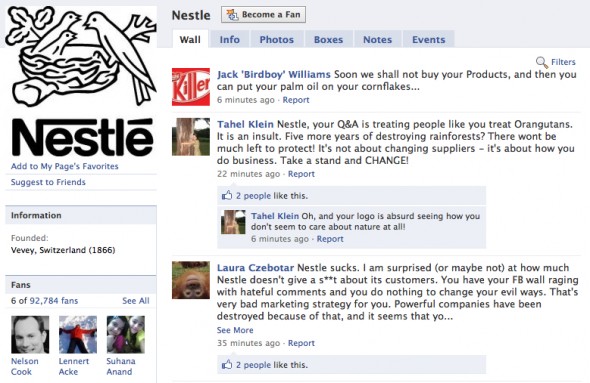
Cr: Nestle’s Facebook controversy
Lastly, such negative sentiments often go viral very quickly even before giving the competitor company a chance to rebut. These attacks will been seen as spiteful which will cause the company to miss opportunities to work with other companies. If I were a CEO of an emerging company looking to make an investment, it is obvious that I would choose a reputable company rather than a dishonest one to collaborate with.
The bottom line is, before launching a competitive marketing campaign, company must make sure that every step is done in a tasteful and subtle manner. Carrying out underhand tactics such as bashing to achieve goals would only be seen as a low stunt to pull.
(419 words)
References:
Dr. Jim Barry. 2014. 7 Ethical Dilemmas Faced in Content Marketing. [ONLINE] Available at:http://blog.socialcontentmarketing.com/7-ethical-dilemmas-faced-in-social-media-marketing/. [Accessed 09 November 15].
David J. Gunkel . 2015. Social Media: Changing the rules of business ethics. [ONLINE] Available at:http://newsroom.niu.edu/2015/03/17/social-media-changing-the-rules-of-business-ethics/. [Accessed 09 November 15].
William Comcowich. 2014. Does Bashing Competitors with Attack Ads Really Work?. [ONLINE] Available at: http://www.cyberalert.com/blog/index.php/does-bashing-competitors-with-attack-ads-really-work/. [Accessed 09 November 15].
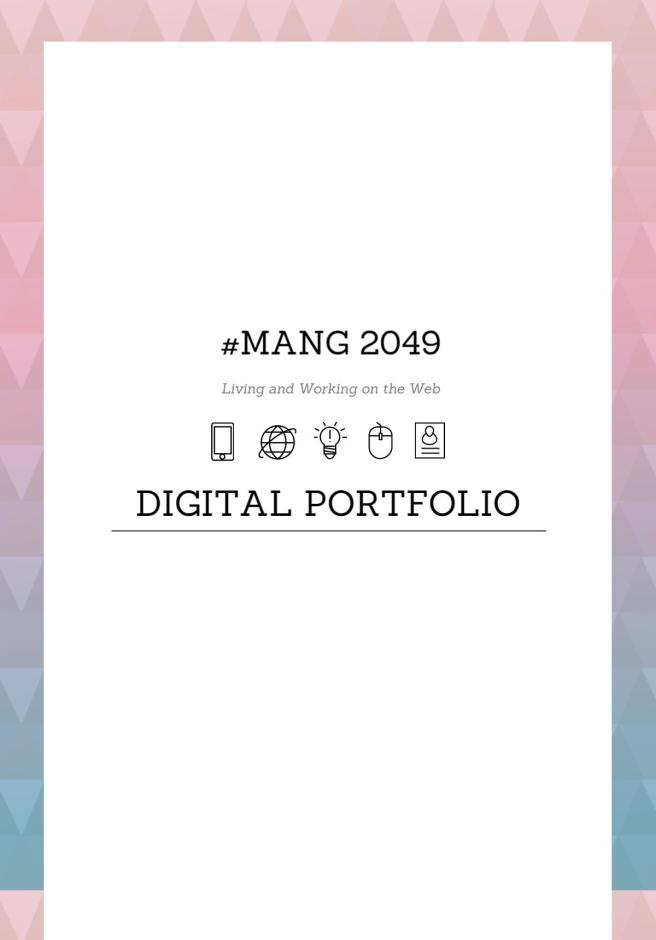
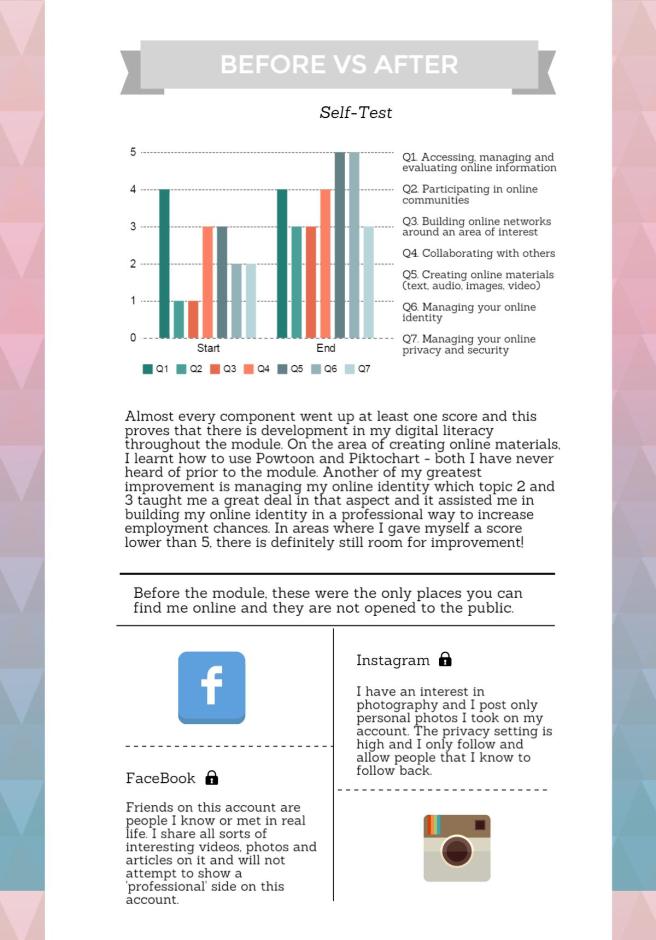
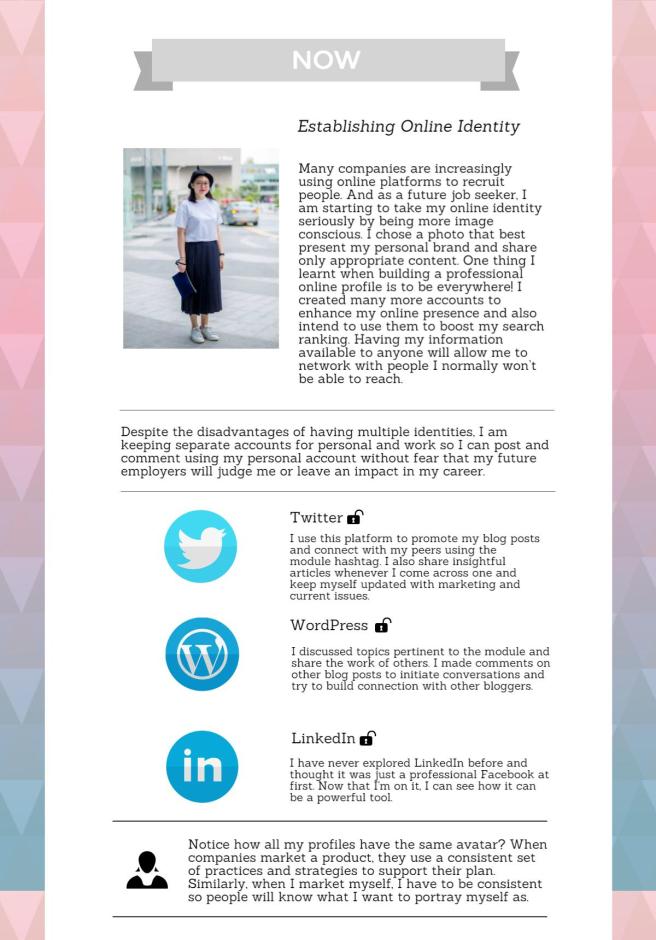
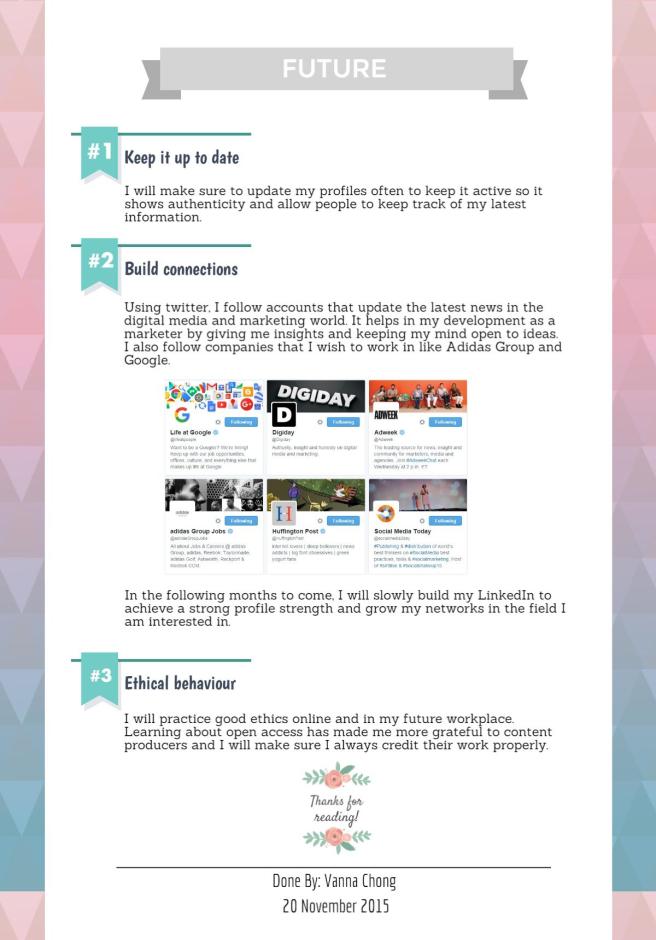

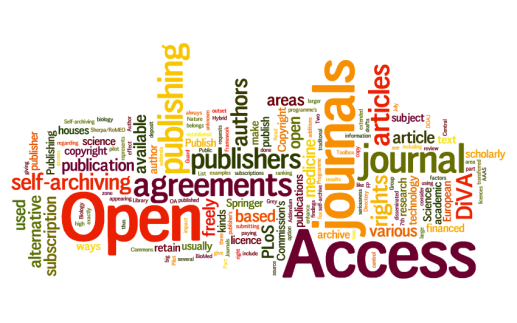

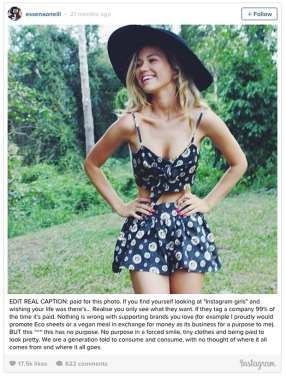
 Source: Getty Images
Source: Getty Images
